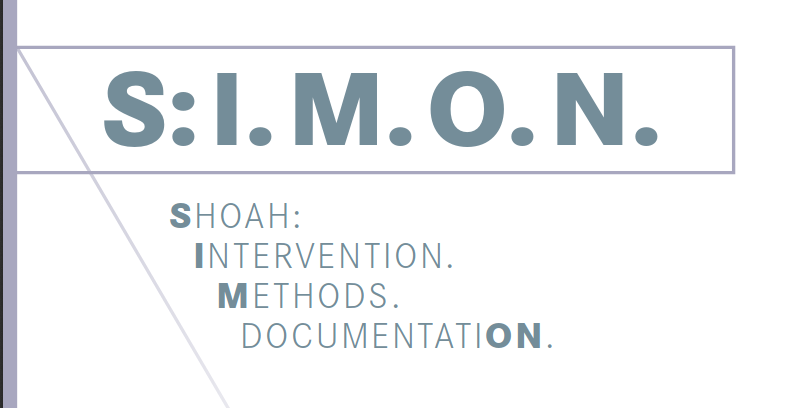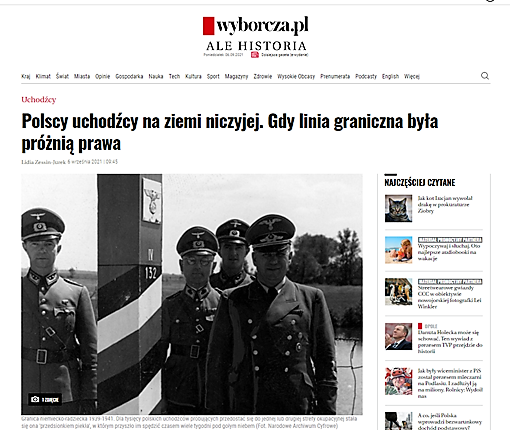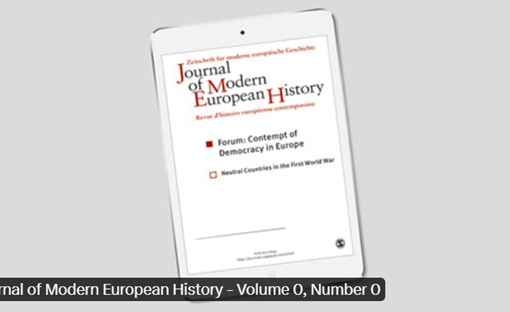
The Unlikely Refuge? ERC project’s Principal Investigator Michal Frankl published his new article titled “Citizenship of No Man’s Land? Jewish Refugee Relief in Zbąszyń and East-Central Europe, 1938–1939” in the last issue of the S:I.M.O.N. Shoah: Intervention. Methods. Documentation (02/2020), the open-access journal of the Vienna Wiesenthal Institute for Holocaust Studies.
Abstract: “Citizenship of No Man’s Land? Jewish Refugee Relief in Zbąszyń and East-Central Europe, 1938–1939”
This article revisits Jewish relief efforts in the refugee settlement in Zbąszyń (Bentschen) and specifically the intensive involvement of the Polish and European offices of the Jewish Joint Distribution Committee (JDC) in the organisation of aid and the daily life of refugees. Thereby, it explores the nature of the no man’s land and the dilemmas of Jewish welfare in the critical year 1938. The article reads the relief activities against the changing characteristics of citizenship in European nation states during the interwar period. It takes into account the growing significance of ‘social citizenship’ or social rights, which were either explicitly codified or implicitly expected. I here test the hypothesis that the intervention of the JDC and other Jewish relief organisations reflected and visualised the exclusion of Jewish refugees from citizenship. Can we speak, figuratively, of a citizenship in no man’s land and of the relief organisations as providing services normally attributed to membership in a state? How did the JDC reflect on the revisions of citizenship and the denaturalisation of Jews in Poland and other countries in East-Central Europe, and how did this process affect its relief activities?
You can access and download Michal Frankl’s article as well as the whole journal issue.


